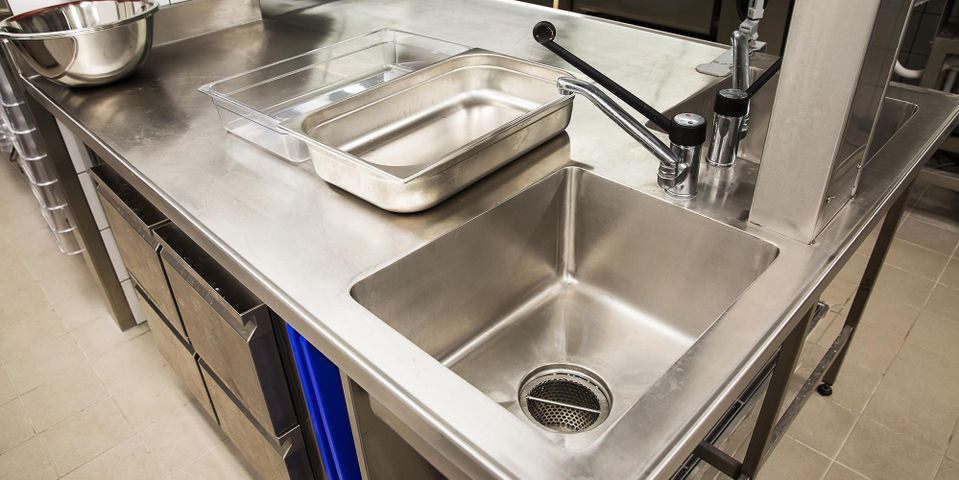How Often Should Grease Traps Be Serviced?

Grease traps help keep fats, oil, and grease from entering the public sewer system and pipes. Without them, many hours would have to be devoted to unclogging and cleaning manholes, pump stations, and sewer lines. To prevent heavy maintenance, most food service establishments invest in underground utility installations for grease interceptors. Below is an overview of how often restaurants should be schedule service for their grease traps to prevent pipe clogs.
What to Know About Keeping Your Grease Trap Clean
Kentucky Laws & Regulations
 The Division of Water Quality in Kentucky requires commercial kitchen managers to clean their grease interceptors at least once every six months. Each cleaning must be documented in writing and kept on file to provide upon request. Failing to comply with these regulations can result in hefty fines or your business losing its license.
The Division of Water Quality in Kentucky requires commercial kitchen managers to clean their grease interceptors at least once every six months. Each cleaning must be documented in writing and kept on file to provide upon request. Failing to comply with these regulations can result in hefty fines or your business losing its license.
Since septic and grease haulers are familiar with underground utility installations, they can ensure the contents of a grease trap disposed at appropriate sites.
Determining a Maintenance Schedule
Most restaurants need to have their grease trap cleaned at least once every 90 days to remove built-up residue and prevent a fire hazard. A grease trap that’s filled more than a quarter of the way is ineffective at holding fats, oil, and grease, which can overflow or clog underground pipes. To prevent a need for new underground utility installation, clean your grease interceptors according to their usage.
If your grease trap is filling up quicker than it should, it’s time to look into a replacement. The professionals at Wilson & Roy Construction perform underground utility installations throughout Pulaski County, KY, and can install septic tanks, watering tanks, water and gas lines, and other products to prevent a disruption in your business. Visit them online to view a gallery of their previous work, or call (606) 636-6457 to place a product order.
About the Business
Have a question? Ask the experts!
Send your question

